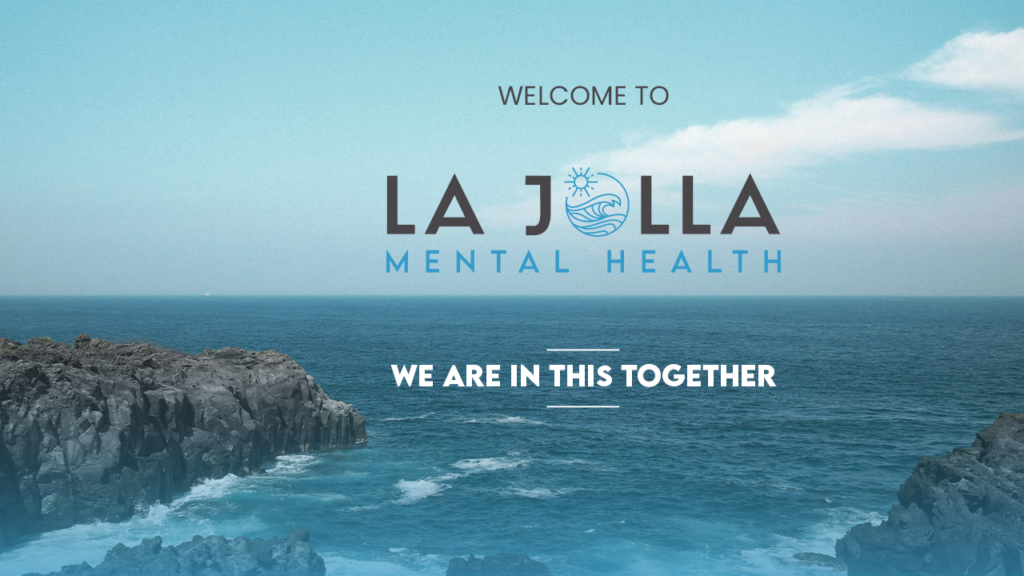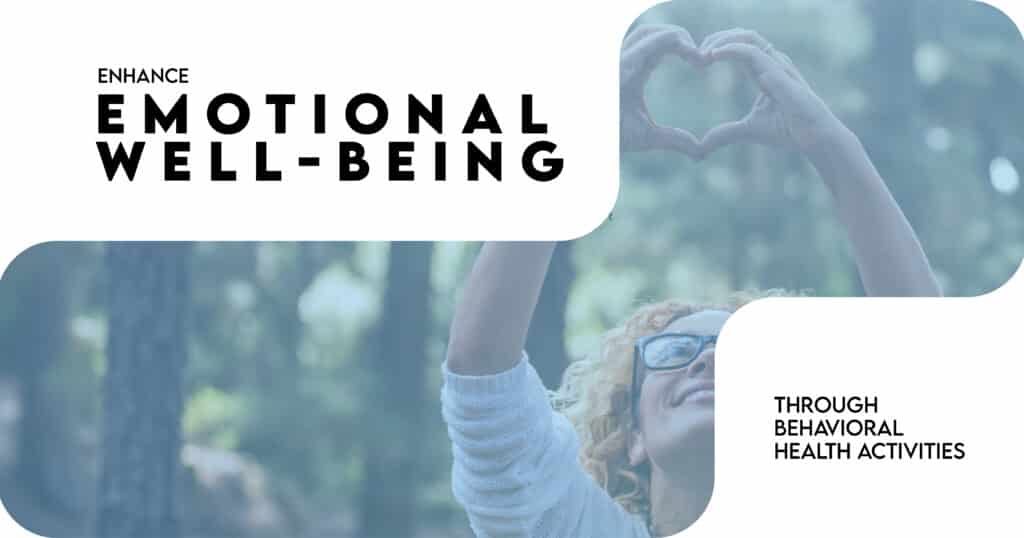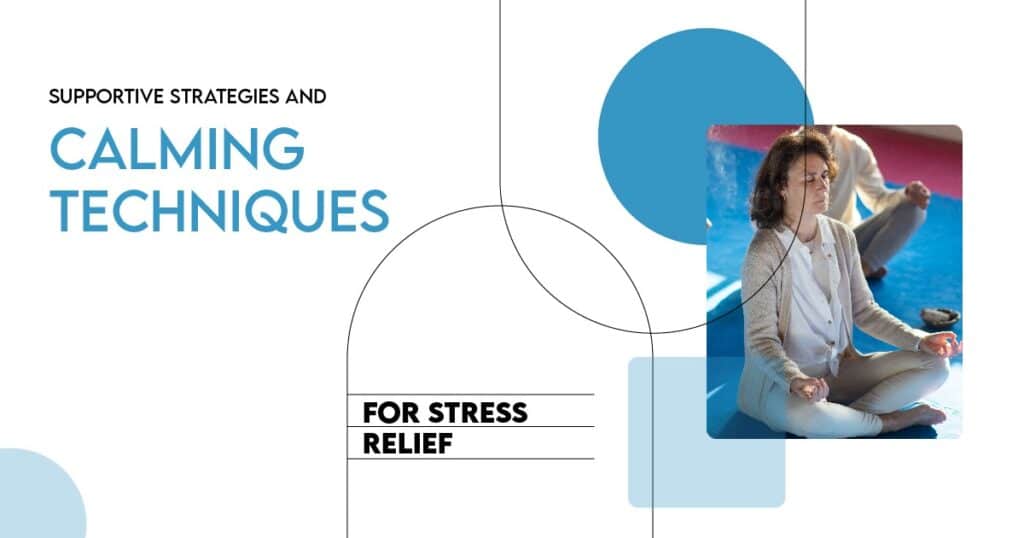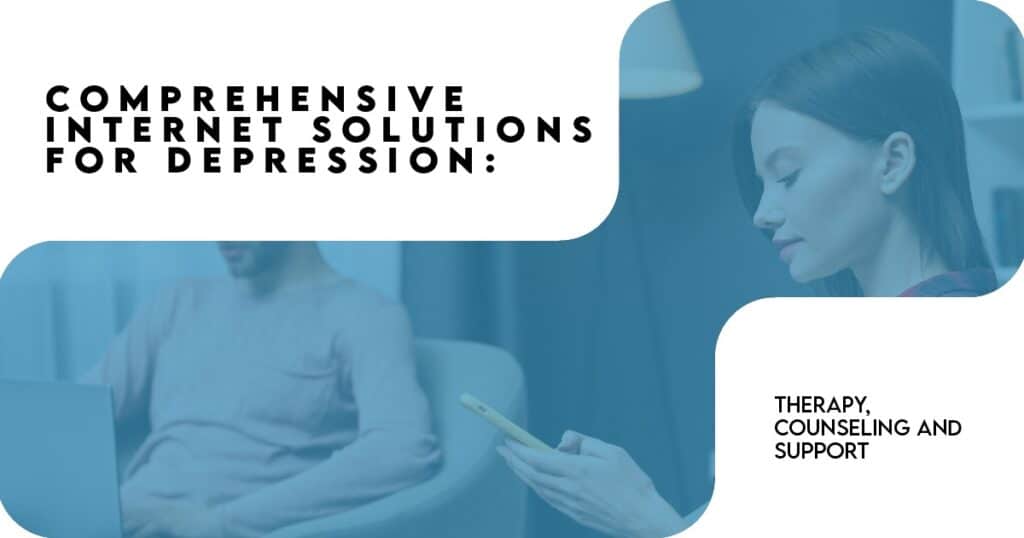Emotional well-being is the cornerstone of a fulfilling life, yet many struggle to maintain balance amid daily stressors. Behavioral health activities offer practical, evidence-based approaches to nurture mental health, reduce stress, and foster resilience. These activities encompass a range of practices, from mental health therapy to mindfulness techniques, designed to support psychological and emotional wellness. By integrating behavioral health activities into daily routines, individuals can cultivate a stronger sense of self and navigate life’s challenges with confidence.
This blog explores how these activities, including stress management techniques, psychological support services, and cognitive behavioral techniques, can transform emotional health.
What Are Behavioral Health Activities?
Behavioral health activities are structured interventions or practices aimed at improving mental and emotional well-being by addressing thoughts, behaviors, and emotions. Unlike physical health exercises, these activities focus on the mind, helping individuals manage stress, cope with challenges, and enhance their quality of life. They include mental health therapy, counseling sessions, mindfulness practices, and therapeutic interventions, each tailored to individual needs.
These activities are grounded in the understanding that mental health is interconnected with behavior. For example, cognitive behavioral techniques help individuals identify and reframe negative thought patterns, while mindfulness practices encourage present-moment awareness to reduce anxiety. Psychological support services, such as group therapy or counseling, provide safe spaces to process emotions and build coping strategies. By engaging in these activities, individuals can address issues like anxiety, depression, or stress, paving the way for lasting emotional wellness.
Key Benefits of Behavioral Health Activities
The impact of behavioral health activities on emotional well-being is profound, offering both immediate relief and long-term growth. Here are some key benefits:
- Reduced Stress and Anxiety: Stress management techniques, such as deep breathing or progressive muscle relaxation, lower cortisol levels and promote calm.
- Improved Emotional Regulation: Therapeutic interventions like cognitive behavioral techniques teach individuals to manage intense emotions effectively.
- Enhanced Self-Awareness: Mindfulness practices foster introspection, helping individuals understand their triggers and responses.
- Stronger Relationships: Counseling sessions can improve communication skills, leading to healthier interpersonal connections.
- Increased Resilience: Emotional wellness programs build coping mechanisms, enabling individuals to navigate life’s challenges with confidence.
Exploring Types of Behavioral Health Activities
Behavioral health activities vary in approach, allowing individuals to choose methods that resonate with their needs. Below is a table summarizing some common activities, their focus, and their benefits:
| Activity | Focus | Key Benefits |
| Cognitive Behavioral Techniques | Reframing negative thoughts | Reduces anxiety, improves decision-making, enhances emotional regulation |
| Mindfulness Practices | Present-moment awareness | Decreases stress, improves focus, fosters emotional balance |
| Counseling Sessions | Emotional processing and goal-setting | Builds coping strategies, improves relationships, provides professional support |
| Stress Management Techniques | Physiological and psychological stress relief | Lowers cortisol, promotes relaxation, improves sleep quality |
Each activity serves a unique purpose, but they share a common goal: to empower individuals to take charge of their mental health. For instance, cognitive behavioral techniques are highly effective for addressing distorted thinking patterns, as supported by research from the American Psychological Association (APA).
Meanwhile, mindfulness practices, endorsed by institutions like the National Institutes of Health (NIH), have been shown to reduce symptoms of anxiety and depression.
How to Incorporate Behavioral Health Activities Into Daily Life
Integrating behavioral health activities into a busy schedule may seem daunting, but small, intentional steps can yield significant results. Start by identifying areas of need – whether it’s managing stress, improving sleep, or processing emotions – and select activities that align with those goals. Here are practical ways to incorporate these practices:
- Start with Mindfulness: Dedicate five minutes each morning to mindfulness practices, such as guided meditation or journaling, to set a positive tone for the day.
- Schedule Counseling Sessions: Regular counseling sessions, whether in-person or virtual, provide consistent support. Many find weekly or biweekly sessions most effective.
- Practice Stress Management Techniques: Use techniques like diaphragmatic breathing during high-stress moments, such as before a meeting or during a commute.
- Engage in Emotional Wellness Programs: Join group therapy or workshops focused on emotional wellness to build community and learn new skills.
- Apply Cognitive Behavioral Techniques: Work with a therapist to develop personalized strategies for challenging negative thoughts, then practice them daily.
Consistency is key. Even 10–15 minutes of daily practice can lead to noticeable improvements in emotional well-being. For those new to these activities, starting with a guided approach – such as a mental health therapy session or a structured emotional wellness program – can provide clarity and motivation.

Choosing the Right Behavioral Health Activity
Selecting the right activity depends on individual goals, preferences, and challenges. The following table outlines scenarios and recommended activities to guide decision-making:
| Scenario | Recommended Activity | Why It Works |
| Feeling overwhelmed by work stress | Stress Management Techniques | Techniques like progressive muscle relaxation reduce physical and mental tension |
| Struggling with negative self-talk | Cognitive Behavioral Techniques | Helps reframe harmful thoughts, fostering a more positive mindset |
| Seeking deeper emotional connection | Counseling Sessions | Provides a safe space to explore emotions and build communication skills |
| Wanting to improve focus and calm | Mindfulness Practices | Enhances present-moment awareness, reducing anxiety and improving concentration |
This table serves as a starting point, but professional guidance can refine the approach. Psychological support services, such as those offered by licensed therapists, can assess individual needs and recommend tailored interventions. For example, someone with chronic anxiety might benefit from a combination of mindfulness practices and cognitive behavioral techniques, while someone navigating grief may find counseling sessions most effective.

Overcoming Barriers to Behavioral Health Activities
Despite their benefits, some individuals face barriers to engaging in behavioral health activities, such as time constraints, stigma, or lack of access. To overcome these challenges:
- Address Time Constraints: Opt for brief, flexible activities like five-minute mindfulness exercises or online counseling sessions that fit into busy schedules.
- Reduce Stigma: Educate yourself about the normalcy of seeking mental health support, as millions worldwide benefit from therapy and related services.
- Improve Access: Explore virtual psychological support services or community-based emotional wellness programs, which are often more affordable and accessible.
By addressing these barriers, individuals can fully embrace the transformative power of behavioral health activities.
A Clear Path to Emotional Wellness with La Jolla Mental Health
Emotional well-being is a journey, and behavioral health activities provide the tools to navigate it with confidence. Whether through mindfulness practices, counseling sessions, or stress management techniques, these activities empower individuals to live more balanced, fulfilling lives.
At La Jolla Mental Health, we’re committed to guiding you every step of the way with personalized therapeutic interventions and psychological support services. Ready to take the next step? Contact La Jolla Mental Health today to learn more or schedule a consultation – we’re here to help you thrive.
Frequently Asked Questions
What are the most effective behavioral health activities for stress relief?
Stress management techniques, such as deep breathing and progressive muscle relaxation, are highly effective for reducing stress. These practices lower cortisol levels and promote a sense of calm, making them ideal for daily use. Combining these with mindfulness practices can further enhance relaxation and emotional balance.
How do cognitive behavioral techniques improve mental health?
Cognitive behavioral techniques help individuals identify and reframe negative thought patterns, which can reduce anxiety and depression. By practicing these techniques with a therapist or independently, individuals develop healthier ways of thinking and coping. Over time, this leads to improved emotional regulation and resilience.
Can mindfulness practices be done without professional guidance?
Yes, mindfulness practices like meditation or journaling can be done independently using apps, books, or online resources. However, working with a professional initially can provide structure and ensure proper technique. Consistency and practice are key to reaping the full benefits of mindfulness.
How often should I attend counseling sessions for optimal results?
The frequency of counseling sessions depends on individual needs, but weekly or biweekly sessions are common for most people. Regular sessions provide consistent support and allow for steady progress in addressing emotional challenges. A therapist can help determine the best schedule for you.
Are emotional wellness programs suitable for everyone?
Emotional wellness programs are designed to be inclusive and can benefit most individuals, regardless of their mental health status. These programs offer tools for stress management, emotional regulation, and personal growth. Consulting with a professional can help tailor the program to specific needs.








